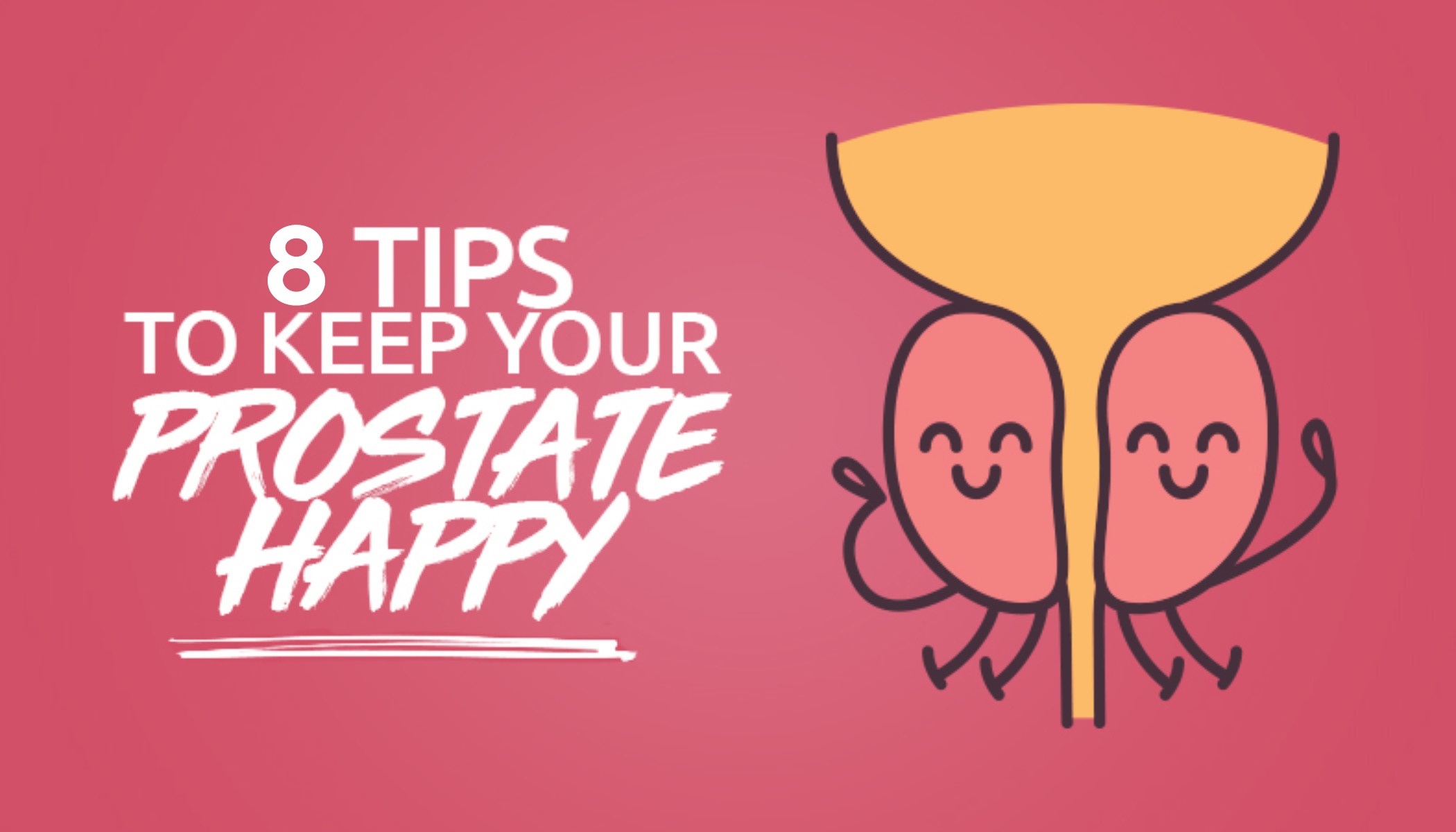CATERGORY: REJUVENATE PROSTATE
Diet & Lifestyle Tips for Prostate Health 
If you have prostate concerns or have a history of prostate problems in your family, then it’s good to adopt habits that help keep your prostate healthy for the long-term.
1. Eat red foods like tomatoes - Tomatoes, watermelon, and other red foods get their red pigment from an antioxidant called lycopene. Several studies indicate that men who consume tomatoes and other red coloured foods have a lower risk of prostate cancer. Since lycopene accumulates during ripening, redder tomatoes are the best for prostate health. Cooking tomatoes makes it easier for your body to absorb lycopene.
2. Eat fruits and vegetables - The vitamins and nutrients supplied help lower your risk of prostate cancer. Green vegetables contain compounds that help your body counteract cancer- causing substances.
3. Consume Isoflavones - This nutrient has been linked reduced prostate cancer risk. Tofu (from soybeans), chickpeas, lentils, alfalfa sprouts, and peanuts all contain isoflavones.
4. Drink Green Tea - The key ingredients in green tea lower the risk of prostate cancer.
5. Drink Boiled Coffee - Men who drink boiled coffee seem to have lower risk of prostate cancer than men who drank coffee prepared another way or not at all. Researchers believe that when coffee runs through a paper filter, the cancer-fighting chemicals cafestol and kahweol are trapped. However boiled coffee allows these cancer-fighting chemicals to be consumed.
6. Avoid Bad Fat & Consume Good Fat - Animal-based fats from meat, lard, butter, and cheese have been linked to increased risk of prostate cancer. Whenever possible, avoid animal-based fats and eat more plant-based fats. For example, olive oil instead of butter, fruit instead of candy, fresh vegetables instead of prepackaged foods, and nuts or seeds instead of cheese.
7. Stop Smoking - Smokers have a higher risk of dying from prostate cancer.
8. Exercise Regularly with Aerobic Emphasis - Being overweight increases risk of aggressive prostate cancer. Based on a survey of 30,000 men, physically active men are less likely to suffer from BPH. In another study of 231 sedentary men with chronic prostatitis, men either underwent 18 weeks of thrice weekly aerobic exercise (brisk walking) or non-aerobic exercise (leg lifts, setups, and stretching). While both groups felt better, those in the aerobic exercise group experienced significantly less discomfort.


